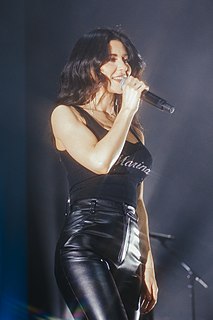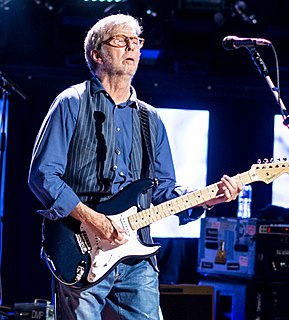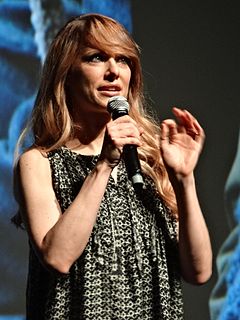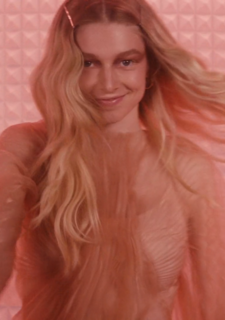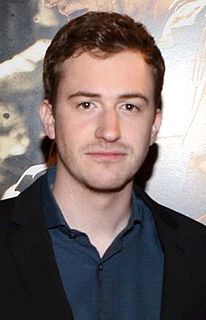A Quote by Marina and the Diamonds
I've always been interested in how fast-moving our identity is and that I've never been able to pin down who I truly am. That inspires me to write, because I feel like that cements me a bit, in that I find my identity in being an artist.
Related Quotes
I think our culture right now is a culture that's trying to find itself. They're trying to figure out what is it? Is it social media followers? Is it trying to be popular? Is it money? Is it fame? Is it power? They're searching for identity and so many of us have been there, and we'll get back to that place of what is our identity? Who are we? More importantly, whose are we? For me, I find my identity in a relationship with Christ.
It's like we're suffering from an identity crisis, and that identity is in our arts and the fact that we don't find it chief amongst our agendas to teach our kids who we are as a nation and the battles we've had on this ground and how they've been successfully resolved. We can't enjoy the fruits of the labor of our ancestors.
What the left ends up missing is that politics have always been at the heart of American culture; it's been a white identity that's been rendered invisible and neutral because it's seen as objective and universal. As a result, we don't pay attention to how whiteness is one among many racial identities, and that identity politics have been here since the get-go.
My identity shifted when I got into recovery. That's who I am now, and it actually gives me greater pleasure to have that identity than to be a musician or anything else, because it keeps me in a manageable size. When I'm down on the ground with my disease-which I'm happy to have-it gets me in tune. It gives me a spiritual anchor. Don't ask me to explain.
This is the best message that I have been responsibly for it. This will help you, A, find your identity. Because you can never overcome life issues. You'll never overcome your condition without knowing your position. So identity. Significance comes out of identity, meaning life's purpose, your why in life. But the great thing is this book ['You are all that'] is so practical.
I've realized that a lot of people come to me because of what's called identity. In the sense of "he's like me" - more like identification. Identity is one of those nonsense words: it's been used so much it doesn't mean anything. As individuals, we don't want to stay the same; identity means sameness, and we don't want to be the same, we want to keep changing, we want to grow, we want to become something else. We want to evolve. So when people come to me, it's about resonance - it goes back to that word.
The identity of just one thing, the "clash of civilization" view that you're a Muslim or a Hindu or a Buddhist or a Christian, I think that's such a limited way of seeing humanity, and schools have the opportunity to bring out the fact that we have hundreds of identities. We have our national identity. We have our cultural identity, linguistic identity, religious identity. Yes, cultural identity, professional identity, all kinds of ways.
I'm what they call a 'non-black person of color': NBPOC. It's easy and seductive and common to mobilize around these identity issues, but often that's done at the expense of considering structural anti-blackness. That puts everything in a slightly different light for me, especially because of where I am and why - where I am in the world of the arts, where I live, in Harlem - and the music that I've been able to make, whom I've been able to make it with, who has nurtured me. It's not just about solidarity. It's actually about debt.
Being an actor helps me direct a little bit, when I do that, which I haven't been able to do that much, but I plan to in the future. There are a lot of reasons for that, but certainly because I feel like you know how to talk to actors, and you know what they need from you if you've been one yourself.
